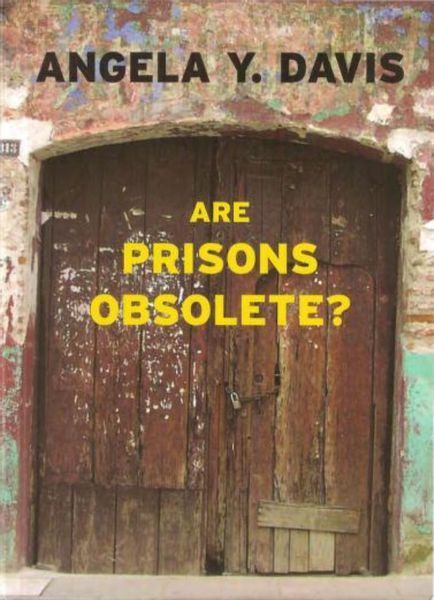
Are Prisons Obsolete?
Since the 1980s prison construction and incarceration rates in the U.S. have been rising exponentially, evoking huge public concern about their proliferation, their recent privatisation and their promise of enormous profits. But these prisons house hugely disproportionate numbers of people of colour, betraying the racism embedded in the system, while studies show that increasing prison sentences has had no effect on crime. Here, esteemed civil rights activist Angela Davis lays bare the situation and argues for a radical rethinking of our rehabilitation programmes.
Reviews
Derek Graf@derekgiraffe
Hannah Yoon@yoonreads
Isabella @iscbella
Laura Mauler@blueskygreenstrees
Julia@juliahansen
lauren@laureniscompletelyfine
farah@apharos
Eri Asahi@froufroumwaa
Deyana@dawndeydusk
Angel Martinez@angxlmartinez
雪 xue@snow
elif sinem@prism
ben wolfson@birdbrain10
Arden Kowalski@jonimitchell
Mark Stenberg @markstenberg3
Nat Lim@littlemissmaudlin
Anna Kulwikowska@ankakulwikowska
caroline wilson@butchesnboots
Mariana Afonso@booksofmyown
Kelsey Holtaway@kelsey
Caitlin Berger@thefluteyfeminist
Lindsay@schnurln
Elena Fernandez@titmonstre
Zack Dihel@dumb_zack